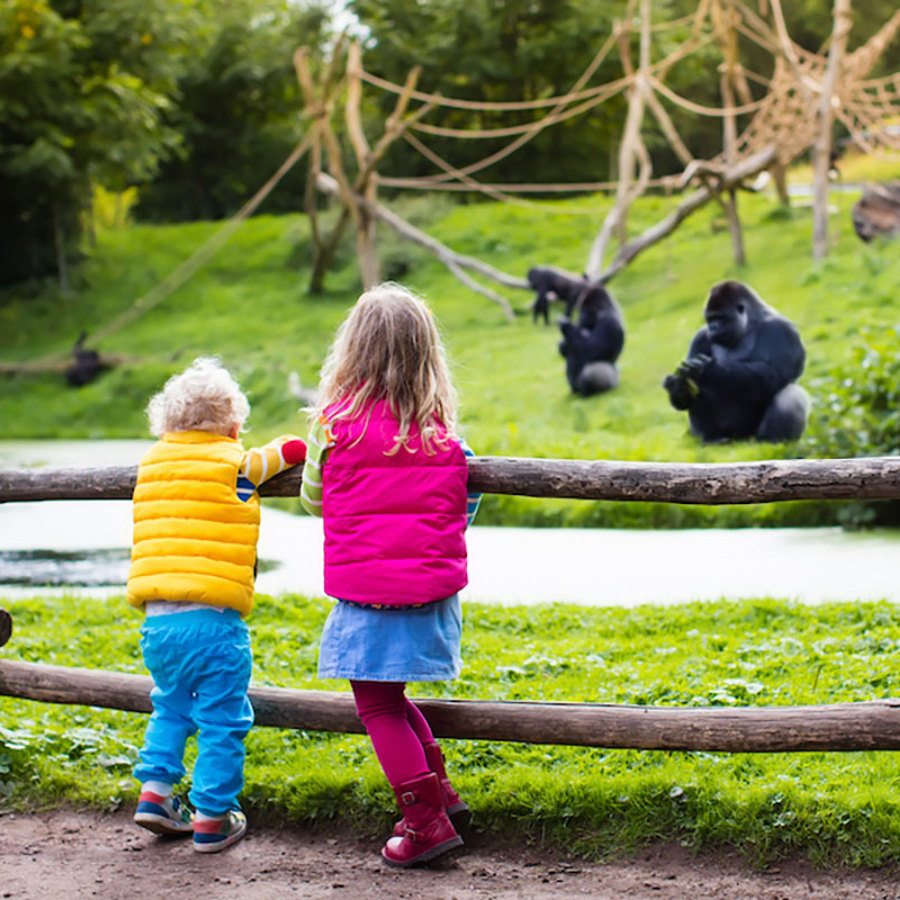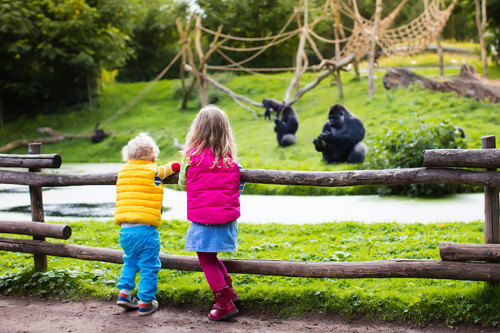
Are men and women more genetically different than humans and chimps?
August 6, 2004

- Related Topics:
- Relatedness,
- Comparing species,
- Y chromosome
A curious adult from California asks:
“If you compare the genetic information in male vs female homo sapiens, there is a difference of about 3% (given the number of chromosomes and the difference between the X and Y chromosome). But if our chromosomal material is so close to mice, etc., it almost seems as if I’m genetically more similar to a mouse than I am to my brother. What gives???”
What a fun question! This sort of thing has been bothering me too lately. The usual statistic is that all people are 99.9% the same. But is that true for men and women?
And what about our similarity to other animals? We are really only about 80% the same as a mouse at the genetic level so men and women are clearly more similar to each other than to mice. But what about chimpanzees? If people really are 98.7% the same as a chimpanzee, are male chimpanzees closer genetically to men than men are to women?
As you know, men have an X and a Y chromosome and women have two X chromosomes. So besides the usual 0.1% (or 3.2 million base pair) difference between people, men and women differ by the presence of the Y chromosome.
The Y chromosome is a tiny thing; it is about 59 million base pairs long and has only 78 genes. If we look at base pairs, the difference between men and women would be 59 million divided by 3.2 billion or about 1.8%. This translates to men and women being 98.2% the same.
Men and women are actually a bit more similar as the Y chromosome has about 5% of its DNA sequences in common with the X chromosome. This would change the number to 98.4% the same.
If the 98.7% number for chimp-human similarity is right, then by this measure, men and women are less alike than are female chimps and women. (More recent data suggests that chimps may be 95% instead of 98.7% the same, but this is still up in the air.)
Now if we look at the gene level instead of at the base pair level, men and women become much more similar. If we assume 30,000 total genes, then men and women are about 99.7% the same instead of 98.4%. (I haven’t been able to find a good number for how many genes chimpanzees and humans share.)

So is the bottom line that men and male chimps have more in common than men and women? Of course not. If we take a closer look, we see some of the dangers of looking at raw percentages instead of individual changes.
Another way to think about this is the 55 million or so differences between men and women are all concentrated on one chromosome and 78 genes. For chimps, the 42-150 million differences are spread out all over the chromosomes over many, many more genes.
In other words, while the quantity of changes may be the same, the quality is different. Even though we share most of our genes with a chimpanzee, lots of the chimp’s genes have changed in ways not seen in people. These changes make a chimp a chimp and a human a human.
Some of the products of these changed genes in a chimp now do different things, or do things differently, do them in different places, do them more strongly or weakly, or even do nothing at all. It only takes a single DNA change to make a gene stop working and there are millions and millions of differences between you and a chimp. What all of this means is that in essence, chimps have many more “different” genes than the 78 different ones between men and women even though the % difference at the DNA level may be comparable.
So, even if it may not seem like it sometimes, your brother has more in common with you than with a chimp.

Author: Dr. Barry Starr
Barry served as The Tech Geneticist from 2002-2018. He founded Ask-a-Geneticist, answered thousands of questions submitted by people from all around the world, and oversaw and edited all articles published during his tenure. AAG is part of the Stanford at The Tech program, which brings Stanford scientists to The Tech to answer questions for this site, as well as to run science activities with visitors at The Tech Interactive in downtown San Jose.
 Skip Navigation
Skip Navigation
